Pentagon’s AI Director Calls for Stronger Deepfake Protections
In no uncertain terms, he called deepfakes a threat to national security.

In no uncertain terms, he called deepfakes a threat to national security.
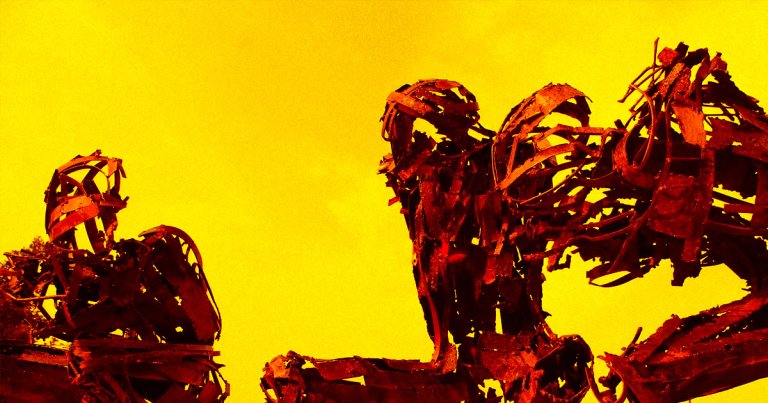
It's not our fault that they look like punching bags.
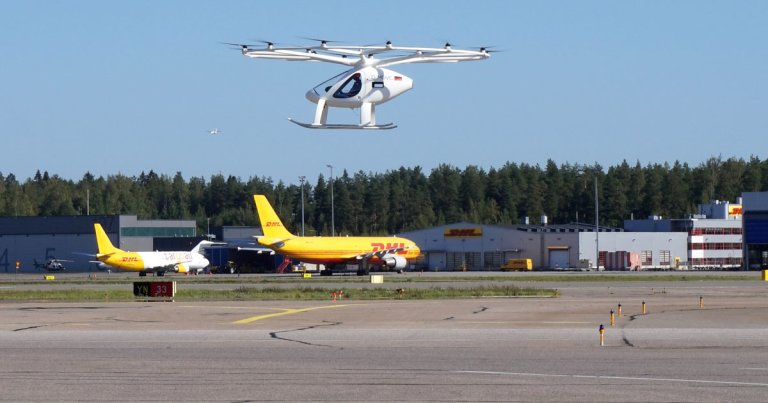
It's the first time a flying taxi shared the same airspace as commercial airliners.
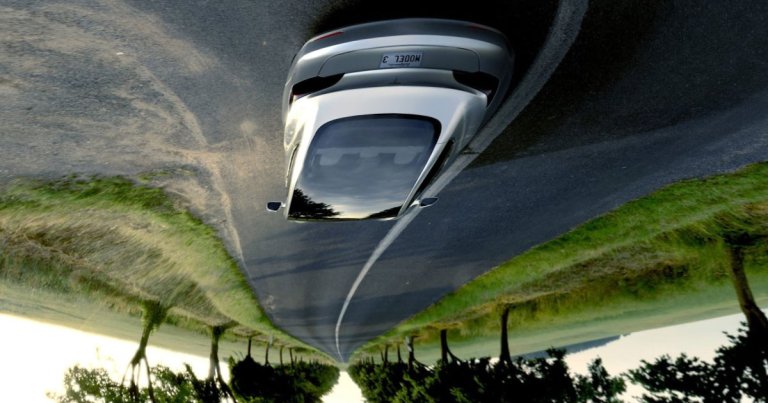
Disappointed customers claim they received higher rate quotes than what they are already paying.
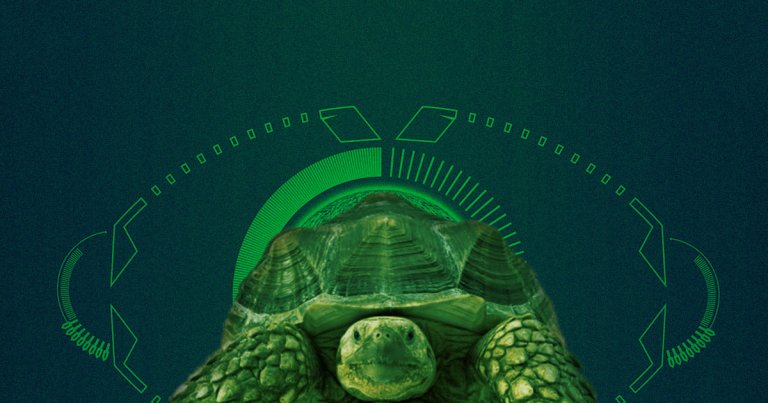
He said we would be making the equivalent of "whale sounds."

Having a four-year degree can seemingly extend your life.
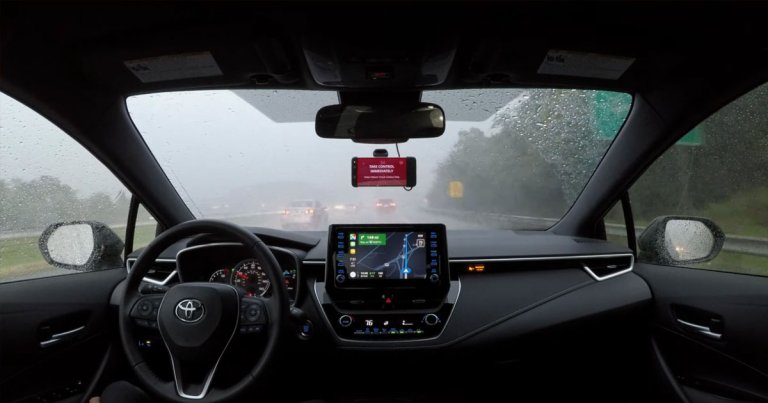
This open-source self-driving software can turn almost any car into a cutting edge — albeit illegal — self-driving vehicle.
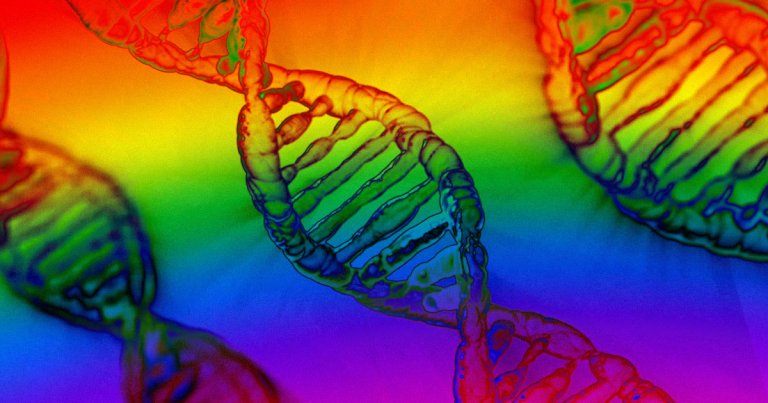
The biological basis for sexual orientation is far more complicated.
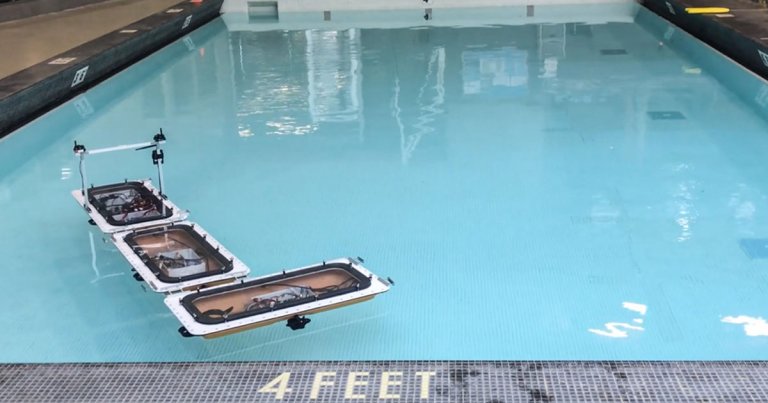
They can form bridges or platforms, and then disassemble.

The scientists decided Minecraft's sandbox made the perfect training ground.

Apple's co-founder says his Bloomberg interview was misinterpreted.
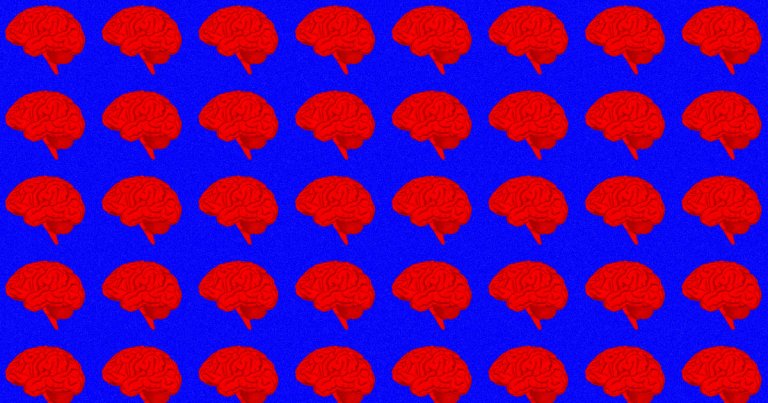
Oh yeah, and they sent them to space, too.
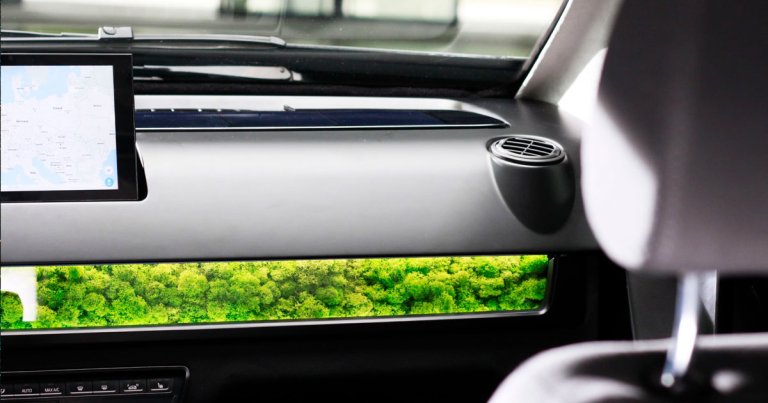
It's like a mini forest built right into the interior.
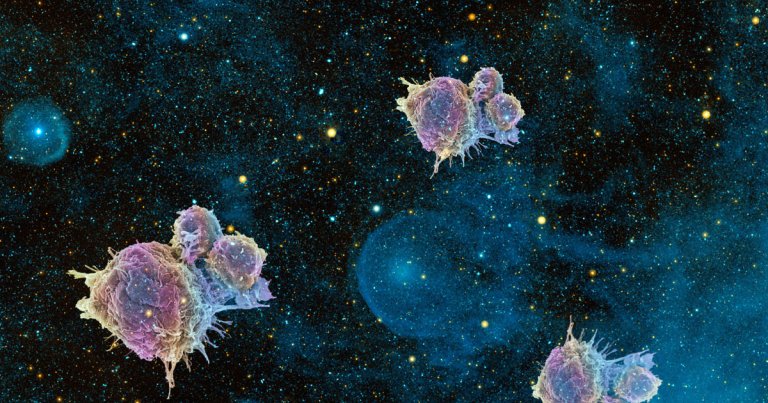
Could the cure for cancer be a space vacation?

And gets called out for it.
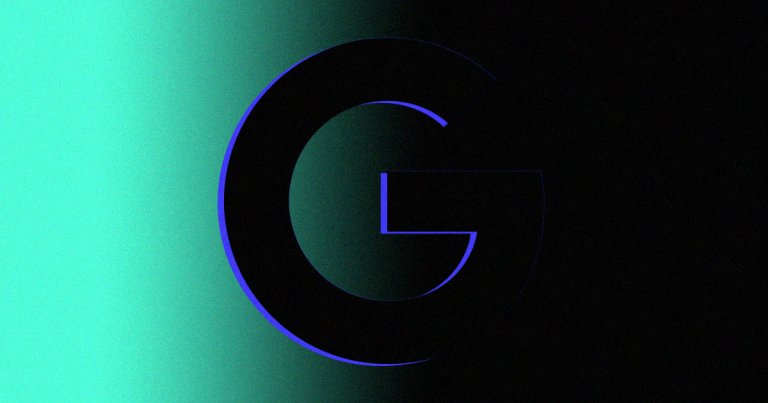
The victim's account is making waves in the community.
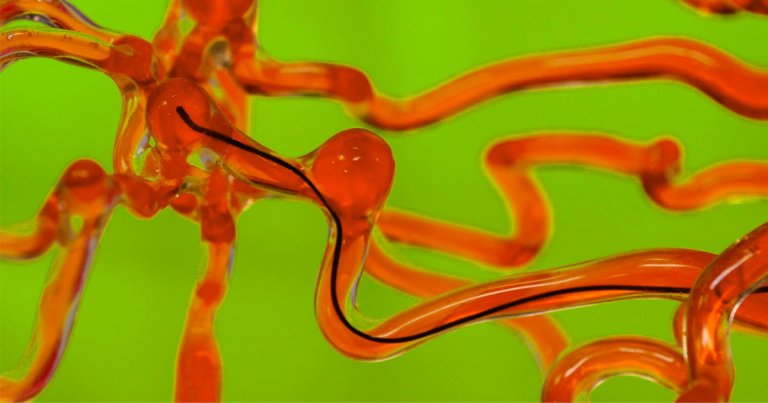
The worm could open new doors for minimally invasive brain surgery.
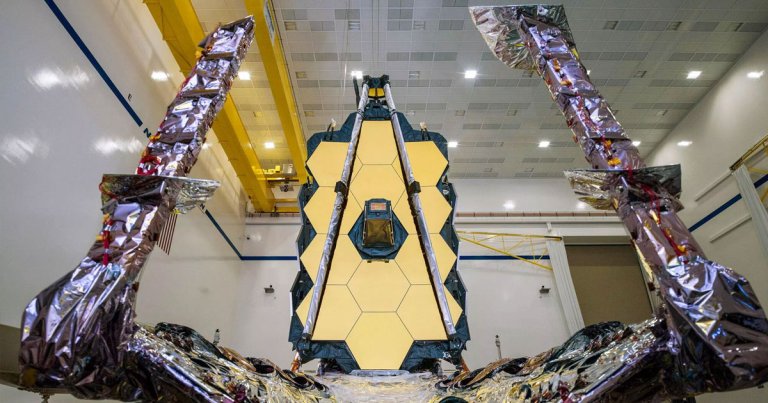
It's still on Earth, but at least it's all in one piece.